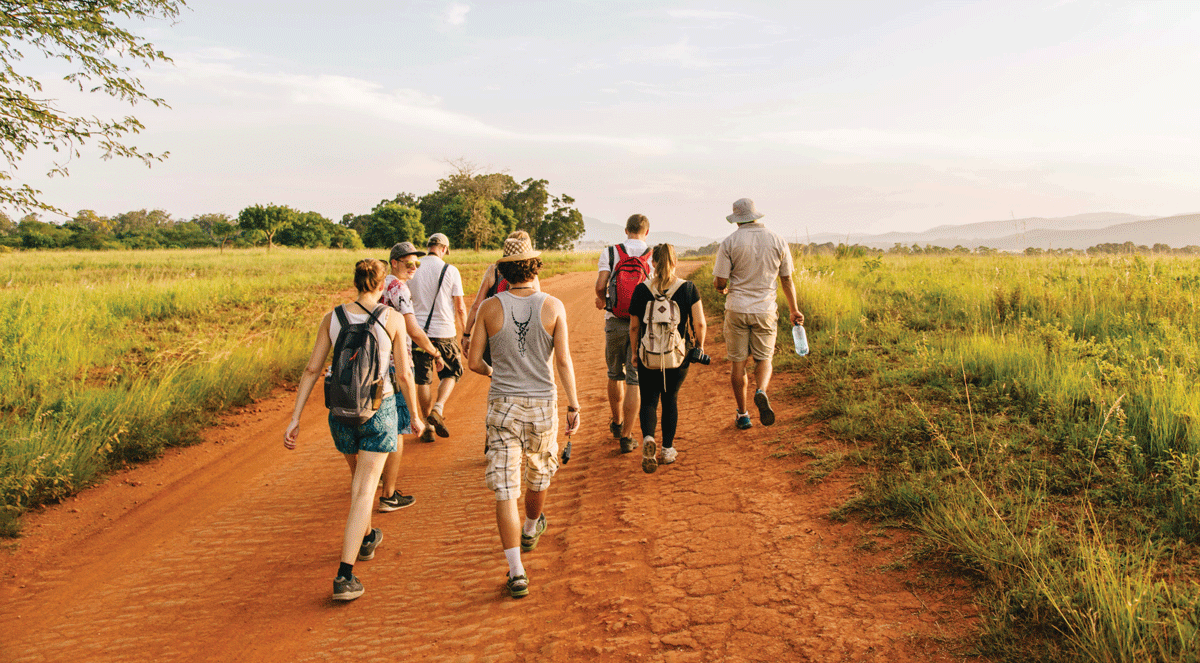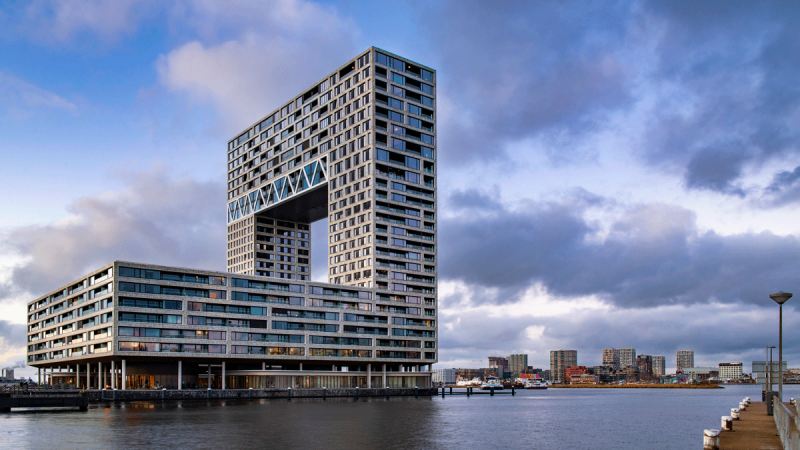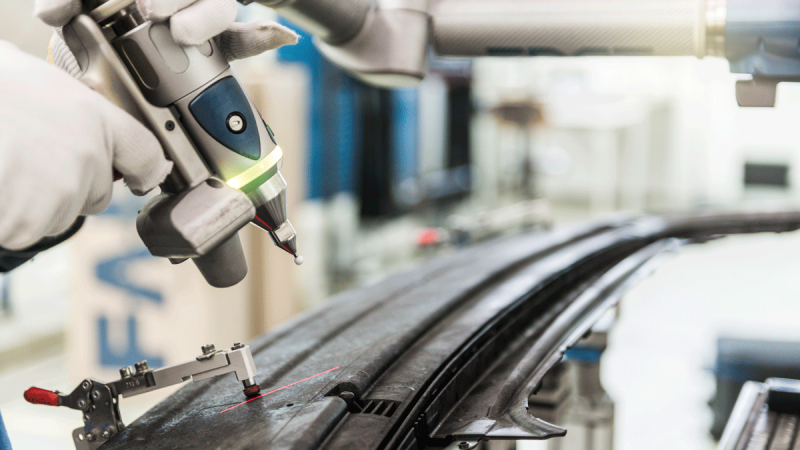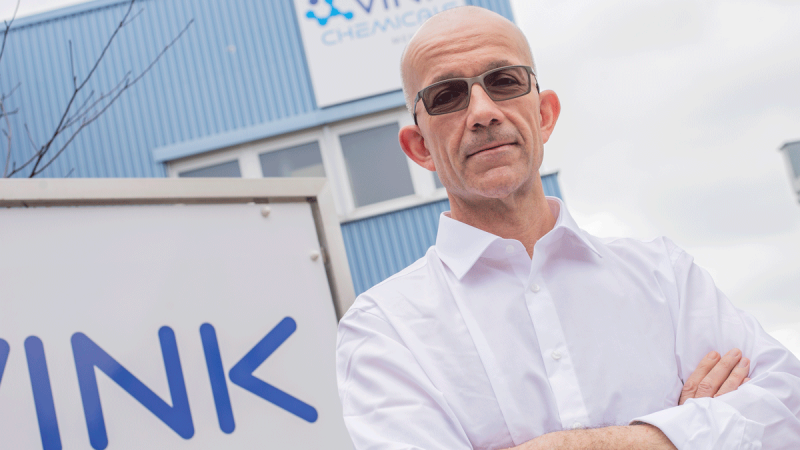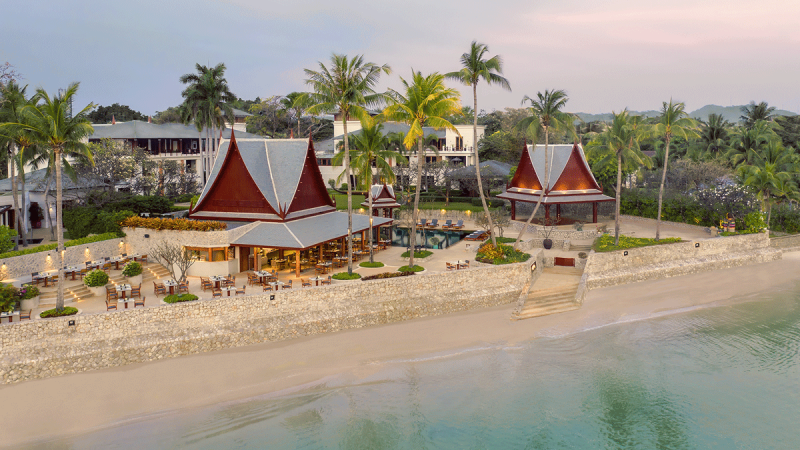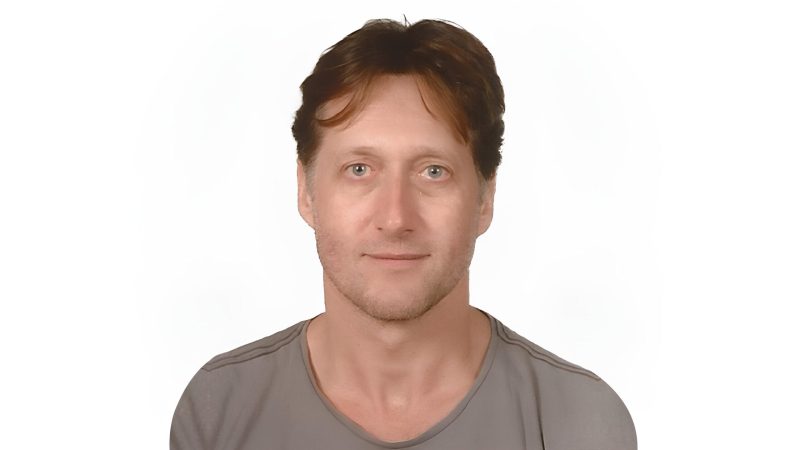It has been a while since we talked with Alex Rutherford, Managing Director of Nomad African Tours & Safaris. Back then the company was at the peak of its powers, having grown since the 90s, although Rutherford did have some reservations about the newest generation of tourists.
“Sitting around a fire, watching the stars, playing cards with your guests, that’s what we’re founded on and what drives me, but people are moving away from it at a rapid rate, even young people,” Rutherford told us back then. “They want rooms and air conditioning, and not that illusion that you’re out in the wild.”
As the saying goes, be careful what you wish for. That conversation was had in early March, in the year 2020. Shortly after that, most people found themselves shut away from the great outdoors for the next couple of years as the world attempted to stave off the Covid-19 pandemic.
“In the space of two weeks we went from somewhere in the region of 700 clients a month, to zero,” Rutherford recalls today.
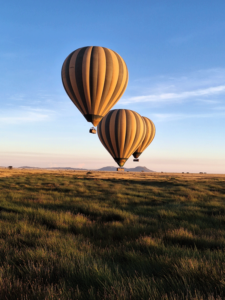 Through the Lockdown
Through the Lockdown
It was an undeniably harsh period, which saw Nomad forced to sell off property in a buyers’ market and launch crowdfunding initiatives to help support its guides while fighting to also keep as many staff on the books as it could.
It was a surreal period for everyone. Nomad made the decision not to shut down its operations even without any customers to serve, continuing to man the emails and keeping the tour trucks running even though they were empty.
While looking back that might seem strange, it has allowed Rutherford to retain an irreplaceable team.
“It meant that when we started again, we did not have to employ, train, and mentor new recruits. We had the same brain trust available to pick up where we left off,” Rutherford says.
Still, there is no denying the pandemic left its mark. Rutherford estimates that the lockdown put Nomad back 15 years and cost the company a fortune. To mitigate the situation, Nomad diversified into some unexpected directions.
“We went into some sidelines, doing weird things to ease the pain,” Rutherford tells us. “We got into outdoor cinema. “We built vehicles for other people, which is work that we will continue doing. We did apple transportation – just outside Cape Town there is a massive apple-producing area, so we carried pallets of apples to various locations to keep our guides and workshops busy. We have continued that work during our off-season.”
The Knowledge
Fast forward to 2024, and Rutherford believes Nomad is operating at between 60% and 70% of its pre-pandemic performance but has received a huge boon in reputation from local suppliers and contractors, especially compared to offshore companies that completely closed their doors in the face of the lockdown.
“We paid our bills and looked after the staff who are absolutely incredible, so we’ve got a strong team who are very committed,” Rutherford points out.
At the same time, the market is changing, although understandably, in ways Rutherford could not have predicted at the start of 2020.
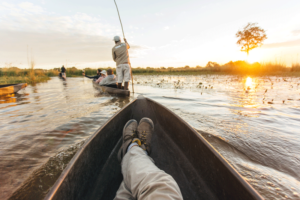 “There has been a marginal shift away from the concept of group travel,” Rutherford says. “The individual consulting side of the market has seen a flood of new players. The group tour business is our bread and butter, but our charter division which is contracted to run other people’s tours has grown. Consultants have taken their client databases and need someone to run the vehicles.”
“There has been a marginal shift away from the concept of group travel,” Rutherford says. “The individual consulting side of the market has seen a flood of new players. The group tour business is our bread and butter, but our charter division which is contracted to run other people’s tours has grown. Consultants have taken their client databases and need someone to run the vehicles.”
This trend is part of a larger impact of the pandemic. While before lockdown tourists might have craved air conditioning and nice hotel rooms, travellers now crave new experiences of all kinds.
“We are building a new set of tailored projects a little more high-end,” Rutherford explains. “It is based on the growth of experiential travel, not just adventure touring, but also foodies, cyclists, even birdwatchers. Since Covid, the average spend has gone up, and my gut feeling is everyone got very scared and so they are now looking to live life to the fullest, and they are willing to spend more to be guided by experts.”
It is not just about being willing to spend more, it is also about customers being more specific about what they want. However, while Nomad is adapting to meet that demand, Rutherford is still steering away from the ultra-premium end of the market.
“I have never been into the five-star sector, because our philosophy has not changed since day one,” Rutherford says. “It is about giving access to as many people as possible without causing harm to the environment or the communities we are visiting. I think that the more people see these things, the more people will be motivated to help save them. The five-star market does not tend to be as invested, because they have any option at their disposal and can do anything they want to. They are not as interested in conservation and low-impact travel. They want plastic water bottles and the other rubbish that comes with that privilege.”
Instead, Nomad Africa Tours & Safaris has adapted to offer a more high-end experience but without the associated waste. For travellers interested in photography, Nomad offers National Geographic-level photographers as guides. For customers who want water, Nomad has fitted trucks with filters to provide clean, tasty water without the waste.
Keeping it Real
But the real paradox is that just as tourists are seeking out more varied and authentic experiences, the market is being flooded by material that offers a virtual depiction of what they can expect. With some operators using marketing material based on AI-generated imagery, even the majestic reality Nomad has to offer struggles to compete.
“I don’t think the people creating this reality are spending enough time managing what they are doing,” Rutherford warns. “We need to ask how we can utilise this technology without compromising ourselves, and a lot of people aren’t worrying about that enough.”
That does not mean that marketing is not an essential part of the Nomad operation.
“We have always been a delivery-based company,” Rutherford says. “We started working on that principle that if you build it, they will come. I learned very quickly that is not the case. You have to sell what you have to offer. But our ethos is delivery-based. We make sure what we say is what we do. Even as we have become a marketing company, that still underlies everything.”
